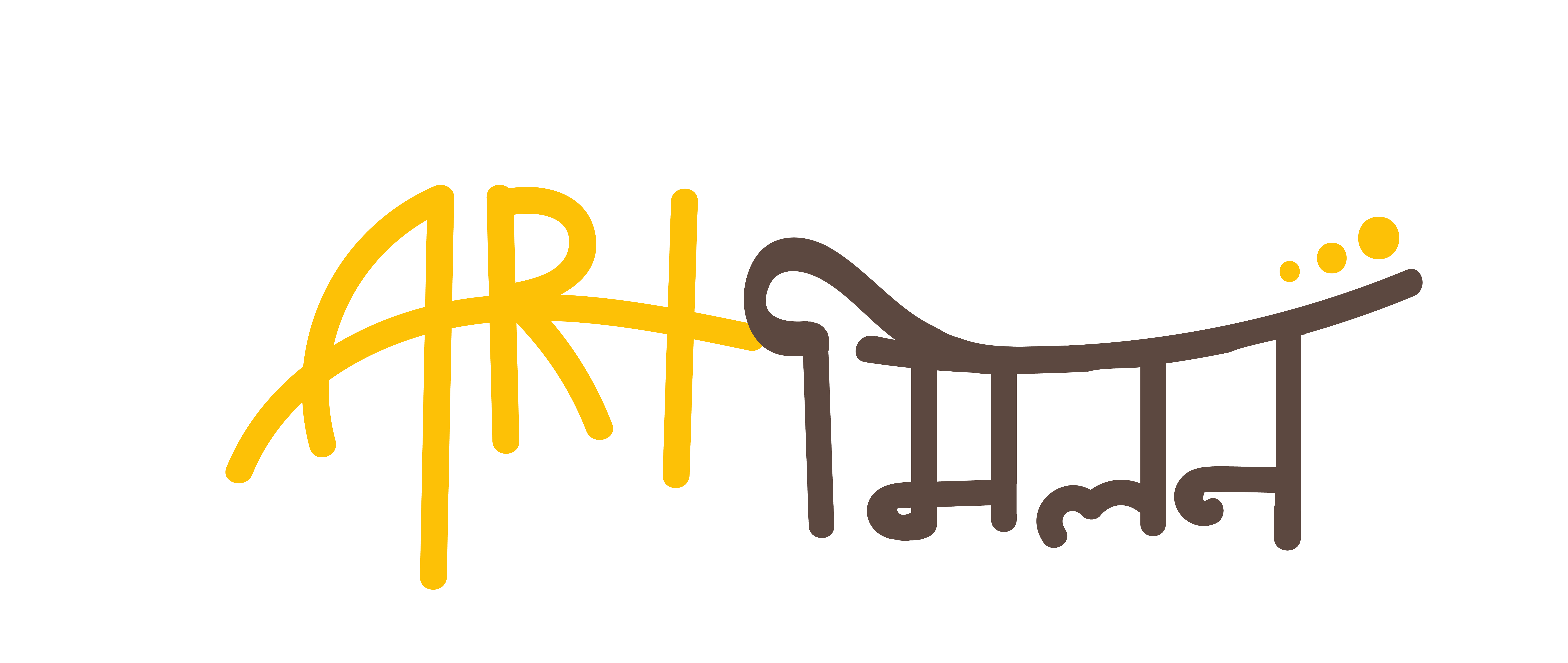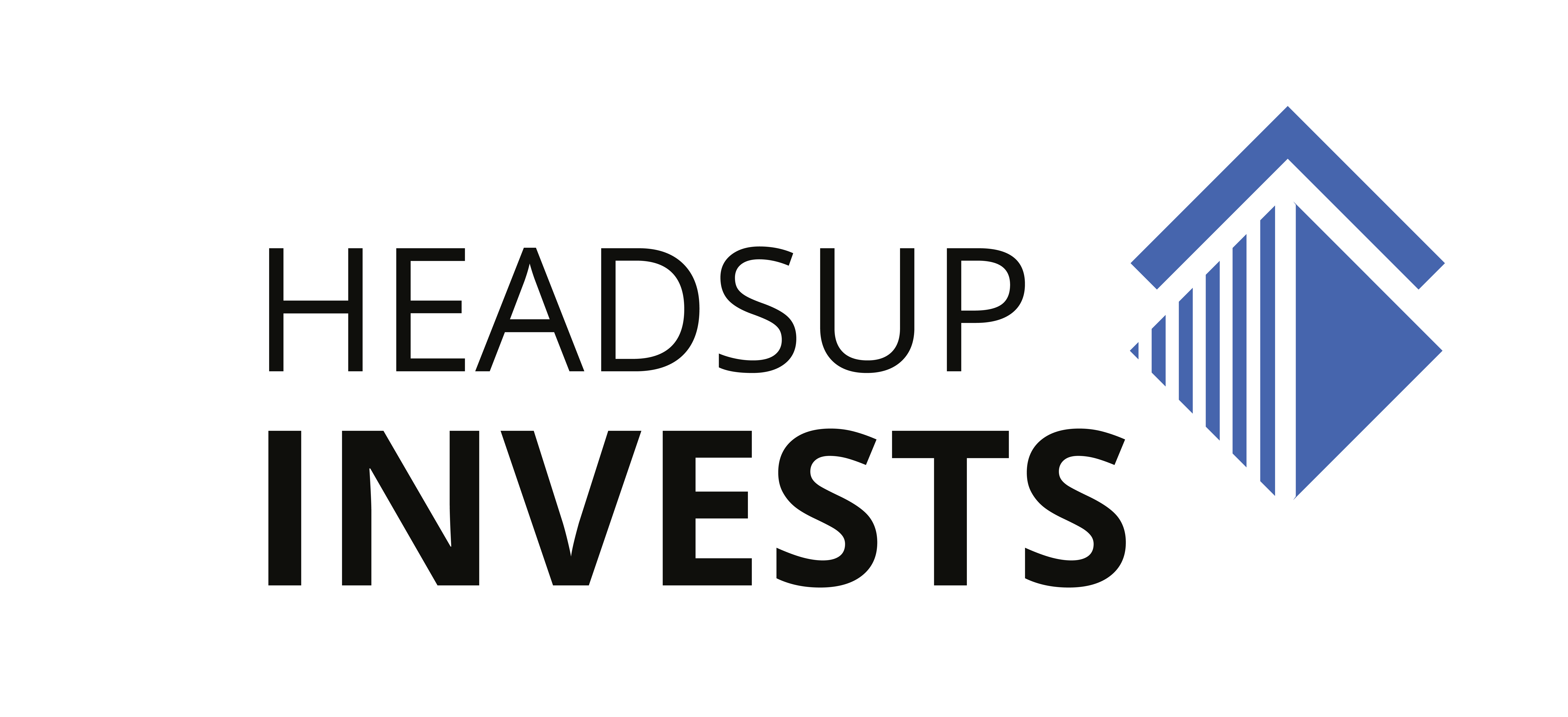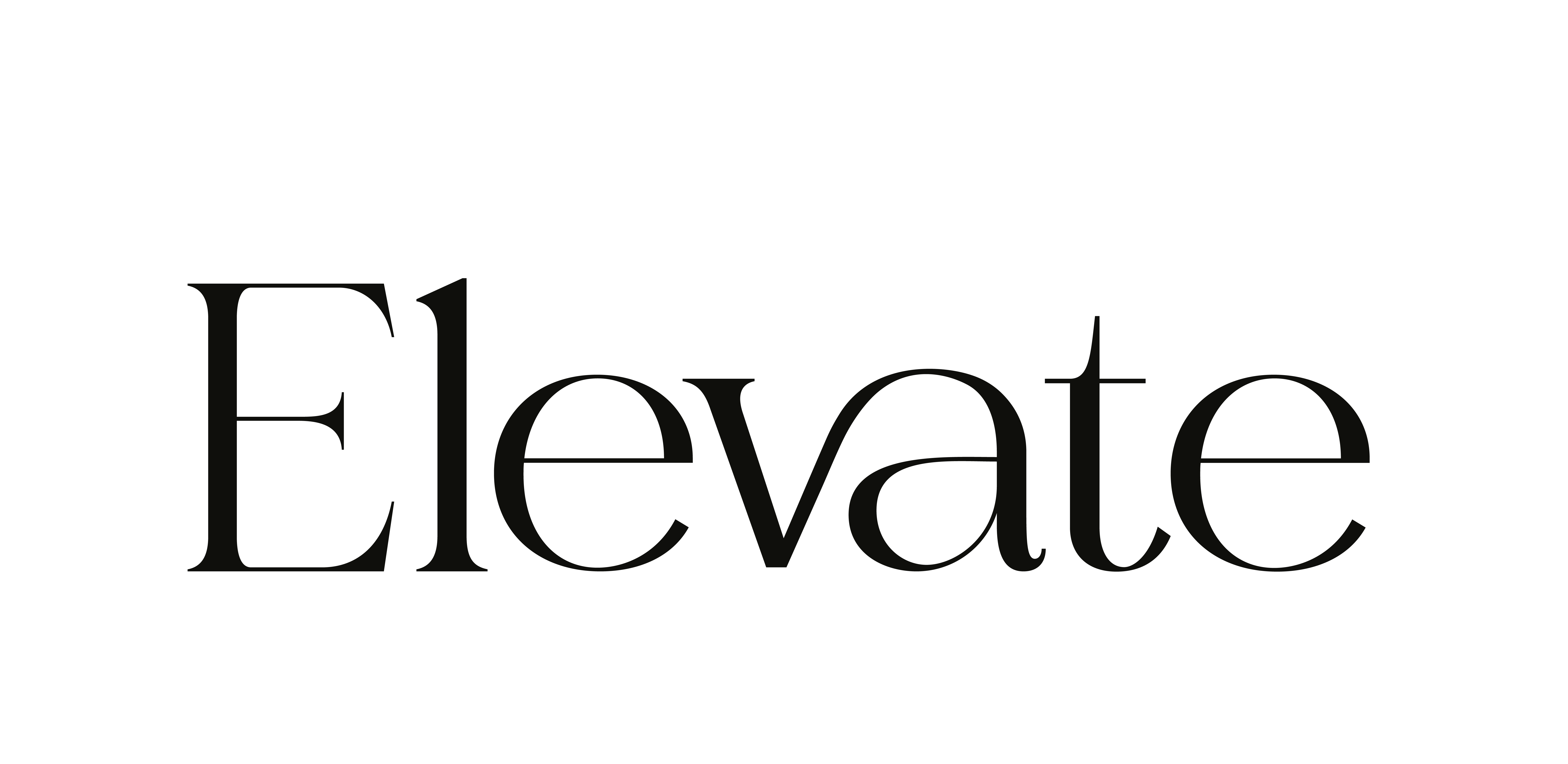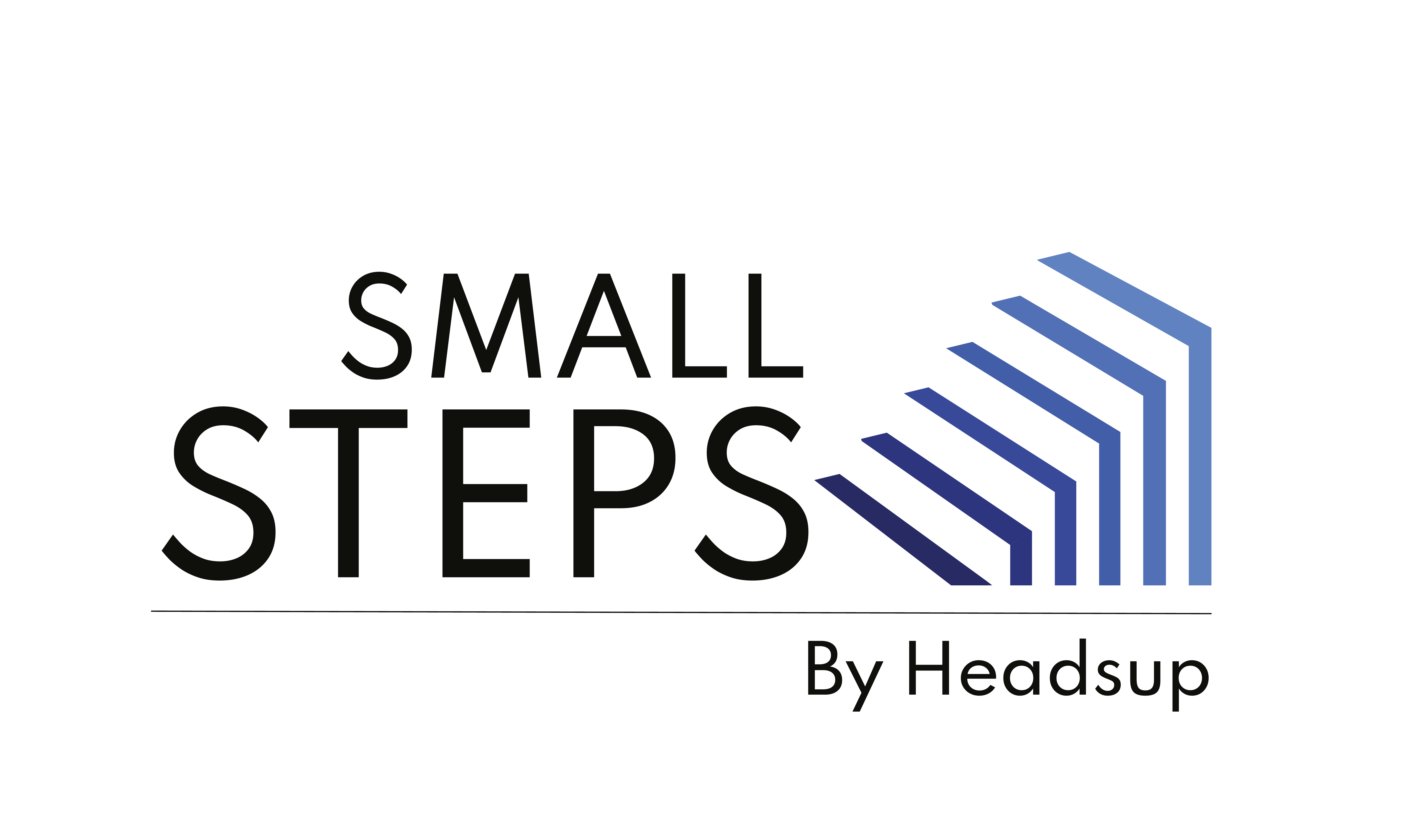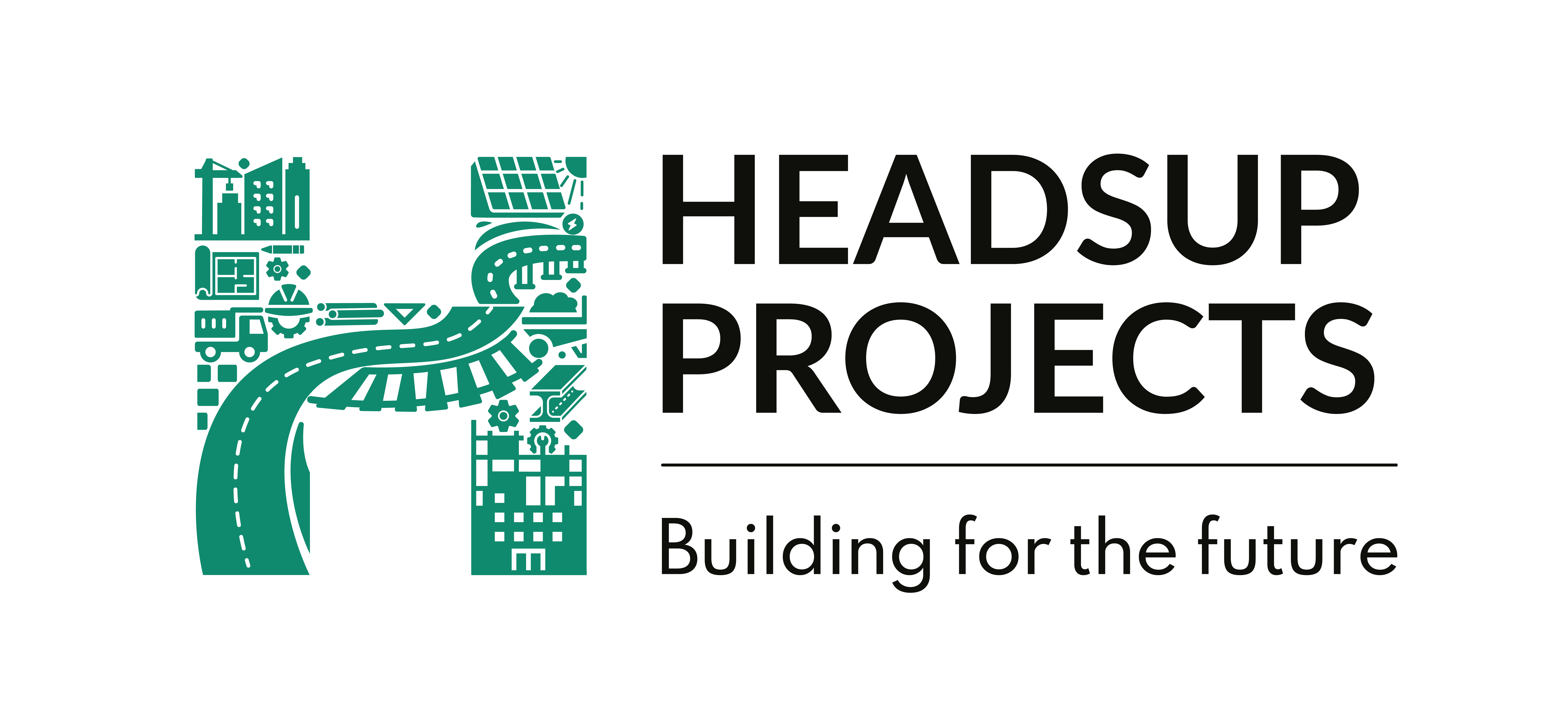A couple of years back, I picked up Yuval Harari’s Sapiens as my next read. Despite my voracity as a reader, I found myself unable to meet the book mid-way, let alone complete it. In fact, I know a couple of people ( also voracious readers), who were unable to sit through the entire book. I sat with the thought – despite the book being the literary gem that it is, why weren’t we able to complete it? Is it the tonality? Or the language? What was it exactly?
And I thought of an explanation, and upon explaining it to others, they seemed to agree. A personal opinion – despite the book being facts-heavy, one that demands a lot of learning – it was the process of unlearning that challenged our cognitive capacity.
Harari debunked quite a lot of myths and introduced many new findings that were not only new but also challenged us to let go of existing predispositions about the human race. Similar to my experience of reading Sapiens, I realized how the expanding space of Learning and Development (L&D) also has ‘unlearning’ as its very fulcrum.
Learning is a constant process; one that begins the moment we are born. However, unlearning is a concept that is yet to be ingrained in our mental fabric. And this is the root cause for the difficulty that lies in adult learning.
Even if there is eagerness amongst people to learn, when push comes to shove – the necessity of employment takes precedence over the privilege of learning. According to research conducted on LinkedIn by Harvard Business Review, working professionals squander one-third of their day on irrelevant emails. The remaining time is bifurcated in gathering data and going in and out of meetings.
Not only is there little time left for learning, but there is also little space for motivation. For some, taking out a chunk of time every weekend to learn is far-fetched and even utopian.
So, what do we do? As the Learning & Development ( L&D) space continues to reinvent itself, how do we ensure a seat for ourselves?
One of the ways is to incorporate ‘learning’ and ‘unlearning’ in our daily lives; in our daily flow of work. It can be achieved through our attempt to synchronize learning with our working days and lifestyles. If this seems like a tall task – we’ve got you covered.
Learning
Making learning a part of your everyday work life is imperative. It will help in career advancement as you become more able to adapt to changing times. Here are a few ways you can incorporate learning in your flow of work:
-
Take mental notes at all points
Or real ones – anything that works for you. We come across several instances every day that has learning written all over them. Exercise your conceptual understanding, and grasp these moments.
Here’s what you can do – maintain lists of concepts, ideas, vocabulary, and practices that you want to delve deep into. Bookmark anything and everything that interests you. Take out time to contemplate and ponder on the same – and you are good to go!
-
Schedule jamming sessions with peers and seniors
Make your curiosity communal. Schedule one hour per week or alike with your teammates and seniors – just to learn something new. The predicament of many L&D trainers and professionals can be found in people’s short attention span with a subtle hint of the embarrassment of learning something new.
You can take the onus of breaking this. Learning collectively always goes a long way in team-building and community development.
-
Endeavor your inbox as a learning space
HRs take note! As we read above, most of our corporate life looks like a slideshow of reading emails. You can use this situation to your advantage by using personalized emails to spread some learning. Because, why not? Employees are already in that space for 70% of their day- they might as well learn something!
Un-Learning
Before we jump into the ways we can make ‘unlearning’ a habit, we need to understand what unlearning means. To unlearn is to accept. It is the non-egoistic ambition of letting go of thoughts and skills that no longer cater to our development, and welcoming those that do. Unlearning is the first major step in marking a presence in the L&D spectrum – and here are three ways you can do it –
-
Acknowledge and rewire habits
Spend at least one whole day mentally recording your behavioral patterns. Then, take out some time to reflect on them. What were the times when your brain gave an automated response out of plain habit? What are the areas you can rework? Can you see the scope for unlearning and reskilling yourself?
Ponder on these thoughts. This will amplify mindfulness and make you more vigilant.
-
Seek out people who challenge you
We all strive for challenges. Comfort spaces may become monotonous after a point, and leave little room for apprehension. And without apprehension, there is no unlearning.
If you have a colleague who is a challenger, then connect with them. Just by working on a project or collaborating on a task, you can unlearn so many obsolete strategies. While working with them, record their approach, experiences, and decision-making process. There is a great scope for unlearning and relearning here.
-
Embrace the unknown
Our mind is often stubborn and set in its own ways. But, to unlearn, you must pursue what is unfamiliar. Let’s say you have a new Manager – how will you adapt to their working styles? By unlearning the previous one’s.
This logic can be applied to almost everything at the workplace – be it learning a dashboard upgrade, or presenting ideas to the new CEO.
Reading Sapiens – however little you may have read it – will give you perspective (no, Harari did not sponsor this blog!). It made me think that if we, as homo sapiens, have been capable of cognitive, scientific, agricultural revolutions; of inventing religions and outliving six other forms of human species – then we are definitely capable of unlearning. We, at our very core, are ingenious and adaptable. If we can learn to unlearn every single day of our lives – we will surely be welcoming more than just Learning and Development.
– Neha Shah
Writer ( read: procrastinator) at Headsup Corporation



